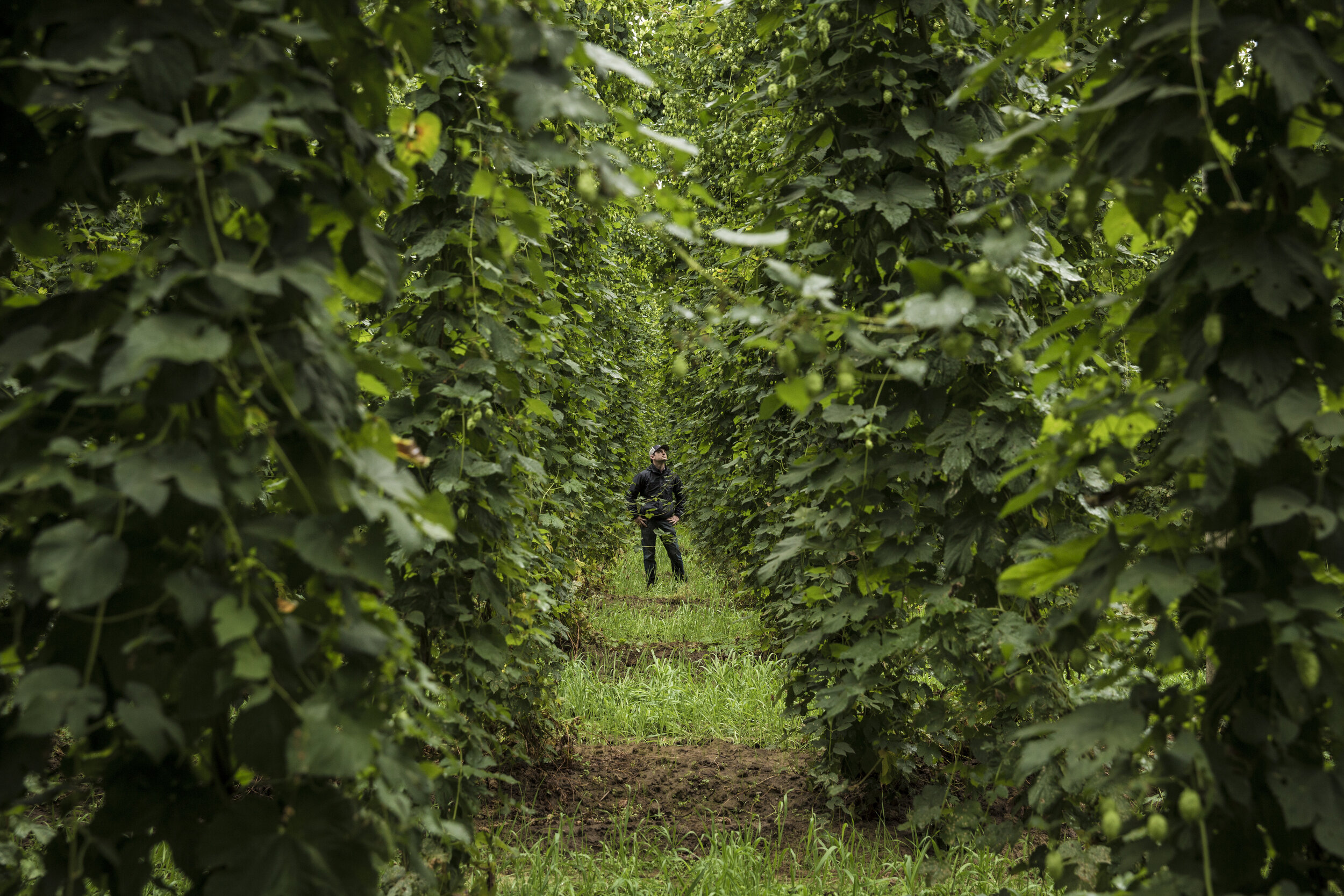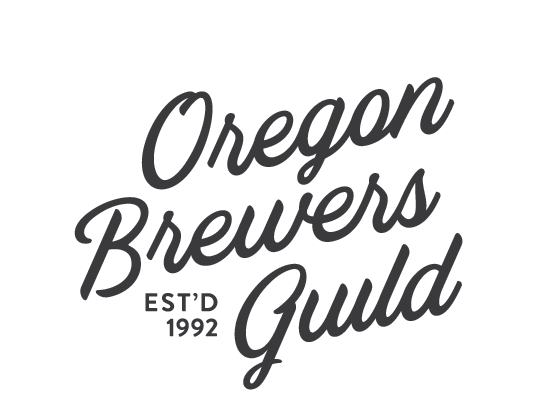
Oregon Brewers Guild Code of Conduct
The Oregon Brewers Guild (“OBG”) is the official trade, marketing, and lobbying association that represents the Oregon Craft Brewing industry and is committed to building a prosperous industry that is based upon best practices, effective standards and responsible leadership. Members of the OBG will always strive to maintain the highest standards of conduct, by using only legal and ethical means in the business activities and in the OBG membership’s activities. Members shall actively promote and encourage the highest level of integrity within the Craft Beer Industry. Members shall cooperate in every reasonable and proper way with other members and consumers and work with them in the advancement of the industry.
Members of the Oregon Brewers Guild shall follow the following Code of Conduct:
HARASSMENT & DISCRIMINATION:
The OBG will not tolerate harassment or discrimination on the basis of race, color, creed, religion, national origin, sex (including sexual harassment and pregnancy), marital status, status with regard to public assistance, disability, sexual orientation, age, veteran status or any other status protected by applicable law. This policy applies to members of the OBG as well as public consumers where appropriate. This policy also applies to all business dealings the OBG performs as well as activities and events hosted by the OBG. Violations of this policy will not be tolerated.
1. “Unlawful harassment” is conduct that has the purpose or effect of creating an intimidating, hostile, or offensive work environment; has the purpose or effect of substantially and unreasonably interfering with an individual’s work performance; or otherwise adversely affects an individual’s employment opportunities because of the individual’s membership in a protected class.
a. Unlawful harassment includes, but is not limited to, epithets; slurs; jokes; pranks; innuendo; comments; denigrating jokes or display or circulation of written or graphic material that denigrates or shows hostility or aversion toward an individual or group based on their protected characteristic; stereotyping; or other threatening, hostile, or intimidating acts based on race, color, ancestry, national origin, gender, sex, sexual orientation, marital status, religion, age, disability, veteran status, or other characteristic protected by state or federal law.
2. “Sexual harassment” is generally defined under both state and federal law as unwelcome sexual advances, requests for sexual favors, and other verbal or physical conduct of a sexual nature where:
a. Submission to or rejection of such conduct is made either explicitly or implicitly a term or condition of any individual’s employment or as a basis for employment decisions; or
b. Such conduct has the purpose or effect of unreasonably interfering with an individual’s work performance or creating an intimidating, hostile, or offensive work environment.
c. Other sexually oriented conduct, whether intended or not, that is unwelcome and has the effect of creating a work environment that is hostile, offensive, intimidating, or humiliating to workers may also constitute sexual harassment.
d. While it is not possible to list all those additional circumstances that may constitute sexual harassment, the following are some examples of conduct that, if unwelcome, may constitute sexual harassment depending on the totality of the circumstances, including the severity of the conduct and its pervasiveness:
i. Unwanted sexual advances, whether they involve physical touching or not; Sexual epithets, jokes, written or oral references to sexual conduct, gossip regarding one’s sex life, comments about an individual’s body, comments about an individual’s sexual activity, deficiencies, or prowess; Displaying sexually suggestive objects, pictures, or cartoons; Unwelcome leering, whistling, brushing up against the body, sexual gestures, or suggestive or insulting comments; Inquiries into one’s sexual experiences; and discussion of one’s sexual activities.
ALCOHOL AND THE OBG:
The OBG aims to promote and celebrate Oregon’s craft beer community. We understand that at OBG events members may consume alcohol. In such situations, members are expected to consume alcohol responsibly.
1. We expect members to promote and model responsible drinking at all times, whether at OBG social events, committee events, workshops, meetings, festivals, or when representing the OBG at any other function.
2. While we always expect members to consume alcohol responsibly, we encourage members to contact their employers for information and internal policies regarding safe rides home from OBG events.
DISCIPLINARY ACTION:
The OBG Board of Directors has the right to determine if disciplinary action may be taken based on the results of a violation of the Oregon Brewers Guild Code of Conduct. Disciplinary actions include but are not limited to: membership suspension; banning from OBG festivals or other activities; a written warning; or written censure. Disciplinary action will be determined solely by the Board of Directors and must receive a majority vote to be implemented.
1. Disciplinary actions may result in suspension of membership, and may last a minimum of one year, and if reapplying for membership, the organization shall provide a written statement as to any steps they have taken to improve behaviors following the violation. The statement shall also include any relevant documentation on how the organization will adhere to the Code of Conduct moving forward.
2. If an individual is in violation of the Code of Conduct and is not an Owner or Operator of a member organization, the Board of Directors or Executive Director will contact the Owner or Operator and discuss disciplinary action.
3. The Guild has the right to share with membership if a member organization has been suspended or expelled based on the violation.

